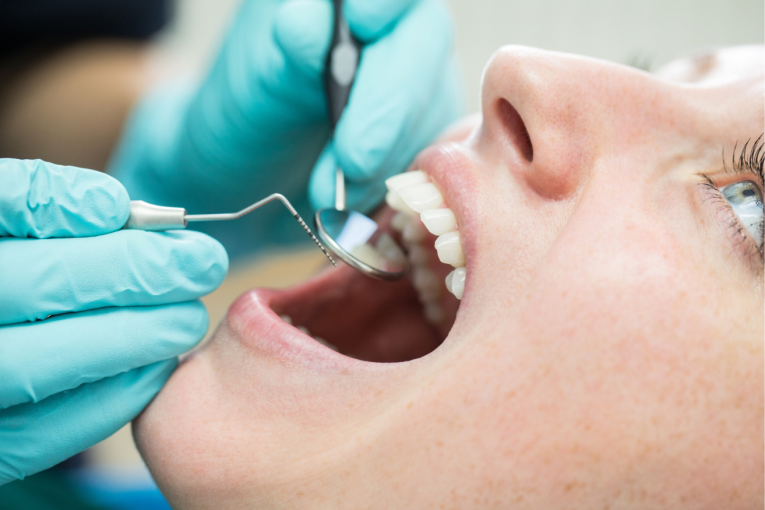Women are being marketed unneeded health screenings and products, research finds


Companies are selling women products that aren't backed by science, according to new research. Photo: Getty
Women are being sold unneeded screenings and products by companies using ‘health narratives’ not backed by evidence, according to new research.
One of these screening products is a test that measures a hormone linked to the number of eggs in a woman’s ovaries, but the authors of the study said the test cannot reliably predict fertility or the likelihood of pregnancy despite being marketed as such.
Dr Tessa Copp, a researcher from the University of Sydney and lead author of the research, said the marketing risks harming women through inappropriate treatments, over-diagnosis and over-treatment.
“This may also lead to serious harms,” she wrote in the study.
“Aside from the unnecessary financial cost, potential consequences of inappropriate testing include a false sense of security about delaying pregnancy for those receiving a normal or high result, and unwarranted anxiety for those receiving a low result.”
Other products
The study also examined another screening for breast density, which is one of several independent risk factors for breast cancer.
The authors of the study suggest that women are being marketed and sold the screening despite there being no “robust evidence, and without mentioning the lack of evidence, that it prevents breast cancer deaths”.
“The unreliability of breast density measurement, which varies across time and by assessor, is another major concern,” the study said.
“We argue that only with a transparent, balanced and evidence-based approach can women’s autonomy be respected and advanced.”
The study also noted that breast screenings were used to sell and promote other types of screenings that also aren’t backed by evidence.
Sarah Hawkes, professor of global health at the University College London, said in an attached opinion piece that this behaviour isn’t new.
“Edward Bernays, a nephew of Sigmund Freud, was employed by a tobacco company to use his considerable skills in understanding the psychology of public opinion to sell its products to women,” she said.
“Over time we have seen the multiple effects of these campaigns: For example, rates of lung cancer in women across the EU rose between 1970 and 2012, when rates were falling in men.”

Companies have used similar psychology to sell cigarettes to women. Photo: Getty
Tackling the issue
The research authors said that it needs to be ensured that the goals of women’s health advocacy “are not undermined through commercially driven use of feminist discourse pushing non-evidence based care.”
“Women’s health is vital and cannot be allowed to be hijacked by vested interests,” the authors said.
“Without the involvement of a broad range of stakeholders free from vested interests, there is a risk that marketing of unproved women’s health interventions will increase inequalities.”
Another example mentioned in the research is women accessing retirement savings to pay for egg freezing, which can have long-term effects on financial stability.
The authors argue that “individual responsibility alone will never tackle inequalities in health care”.
“It can also not be solely the responsibility of women targeted by these narratives to understand all potential benefits and harms and make an informed decision,” they said.
“In areas of women’s health where evidence is missing or unclear, high-quality clinical trials are needed – ideally before new interventions are introduced – with continued mandatory reporting of adverse events or harm once implemented.”








